摘要:关于是否应该批评郑钦文,李娜已经给出了她的答案。她强调数据导向的实施策略,认为应该以数据和事实为依据进行评价。不应仅凭个人主观感受或偏见来批评或评价郑钦文的表现。应该注重实施策略的可行性和实际效果,而不是单纯追求批评或赞扬。这样的态度有助于建立公正客观的评价体系,促进个人和团队的成长进步。
Should We Criticize Zheng Qinwen? The Answer from Li Na and the Data-Driven Approach
In the realm of tennis, names like Zheng Qinwen and Li Na are often associated with excellence and perseverance. As tennis players, they have both achieved remarkable success in their careers. However, even the most accomplished athletes can face scrutiny and criticism. In the case of Zheng Qinwen, the question of whether or not to criticize him has become a subject of discussion. Li Na's perspective and the data-driven approach offer valuable insights into this matter.
Zheng Qinwen: The Rising Star in Tennis
Zheng Qinwen has emerged as a prominent player in the world of tennis, displaying remarkable talent and dedication to the sport. His achievements are not just limited to the court but also include his dedication to practice and his perseverance through tough times. However, as he rises through the ranks, he is bound to face criticism from various sources.
The Nature of Criticism
Criticism is a part of any public figure's life, whether it's sports, entertainment, or politics. It's a way for people to express their opinions and views on an individual's performance or behavior. While some criticism is constructive and helps individuals improve, others might be subjective and biased. In the case of athletes, criticism often centers on their performance on the field or court, as well as their conduct off it.
Li Na's Perspective
Li Na, a renowned tennis player and role model, has her own perspective on criticizing athletes. As a highly successful player who has faced her own challenges, she understands the importance of constructive criticism. She might agree that criticism should be given in a constructive manner to help players improve their skills and approach. At the same time, she might also emphasize the need to strike a balance between criticism and support.
The Data-Driven Approach
When it comes to evaluating Zheng Qinwen's performance, a data-driven approach offers a more objective and accurate assessment. Data-driven analysis focuses on facts and figures rather than subjective opinions or biases. By analyzing his performance statistics, one can get a clear picture of his strengths and weaknesses. This approach helps in providing a basis for constructive criticism that can aid in his improvement.
Moreover, data analysis can help identify patterns and trends in his performance, which can guide him in making necessary adjustments to his game plan or approach. For instance, if there are certain areas where he is consistently underperforming, the data can pinpoint these areas, allowing him to focus on improving them.
The Need for Balance
However, while data-driven analysis provides an objective assessment of performance, it's important to strike a balance between criticism and encouragement. Criticism, when given in a constructive manner, can motivate players to improve, but excessive criticism can be detrimental to their morale and confidence. Therefore, it's essential to provide a balance between pointing out areas for improvement and acknowledging their efforts and achievements.
Moreover, it's important to remember that athletes are human and may face setbacks and failures. In such cases, instead of harsh criticism, they need support and encouragement to overcome their challenges.
Conclusion
In conclusion, whether or not to criticize Zheng Qinwen is a complex matter that requires careful consideration. While criticism can help him improve and achieve greater success, it should be given in a constructive manner with a balance between criticism and encouragement. Li Na's perspective on constructive criticism combined with a data-driven approach can provide valuable insights into this matter. By analyzing his performance statistics objectively, one can provide him with valuable feedback that can aid in his growth as a player and as an individual.

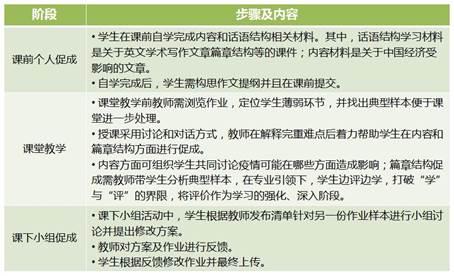
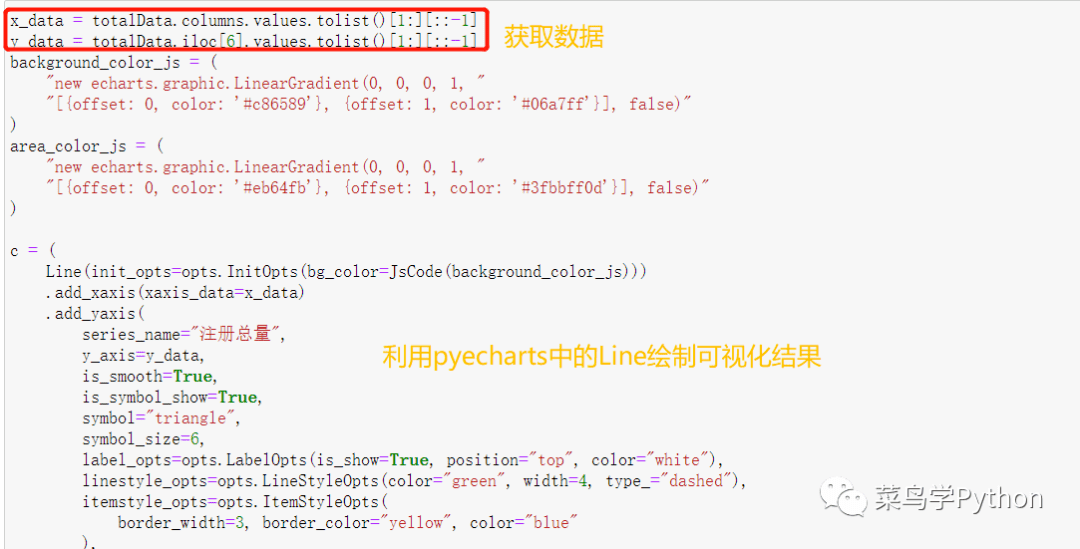
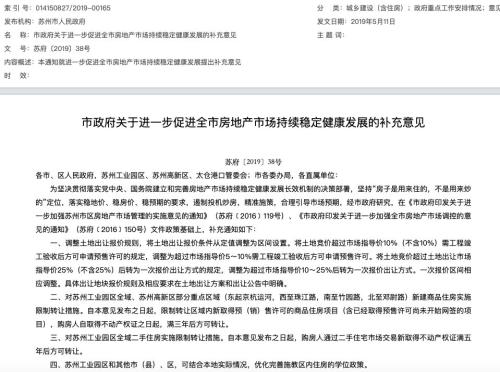
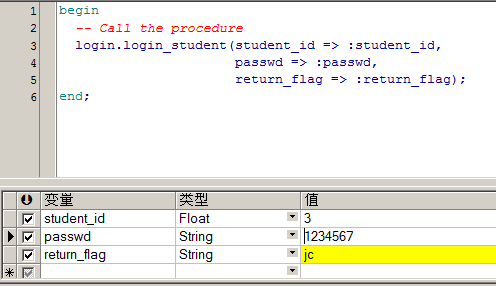



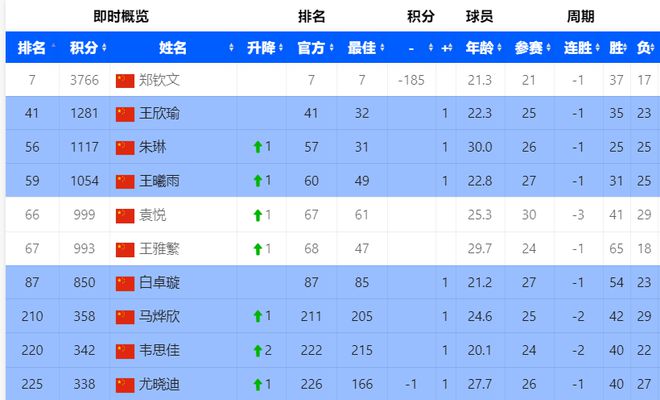
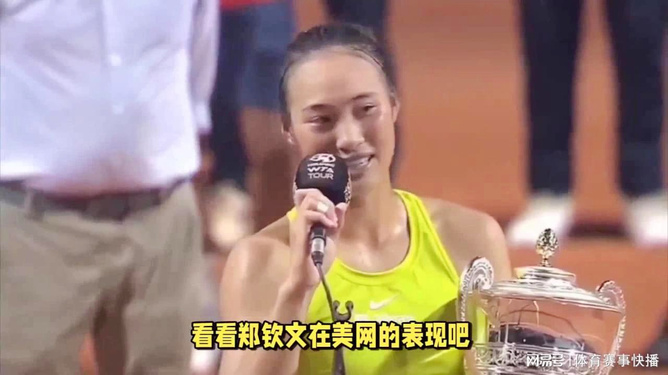


 豫ICP备18046390号-1
豫ICP备18046390号-1 豫ICP备18046390号-1
豫ICP备18046390号-1
还没有评论,来说两句吧...